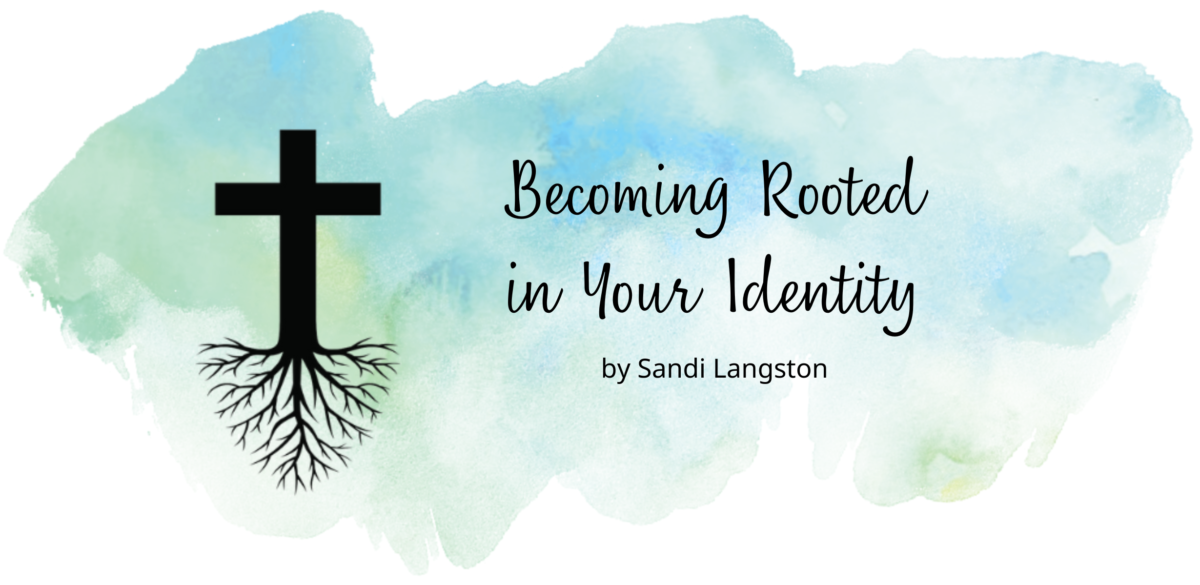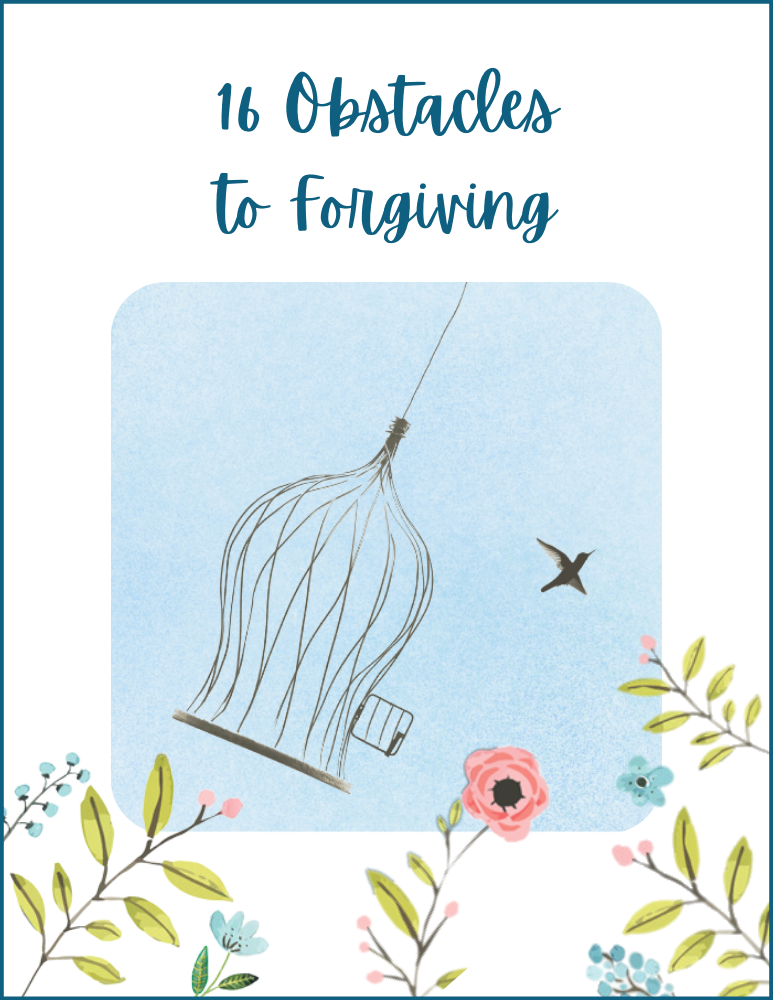My kids tend to get awfully quiet when they owe someone an apology. They might half-whisper “sorry,” but even a trained lipreader would have trouble making out what they are saying. Or they blurt out “SORRY” in an angry voice and begin to storm off. Sorry – not sorry.
But aren’t we just like that as adults? Nobody enjoys apologising. It takes something to pause, acknowledge and take ownership of what we have done, and apologise for it from the heart.
Two kinds of sorrow
The Bible differentiates between godly sorrow and worldly sorrow. (For the record I’m not writing about grief per se, though godly sorrow includes grief.)
“Godly sorrow brings repentance that leads to salvation and leaves no regret, but worldly sorrow brings death (2 Corinthians 7:10).
Anyone can say that they are sorry, and even seem appropriately remorseful, but not everyone is truly repentant. Godly sorrow and worldly sorrow are distinguished by their motivations, and attitudes, and outcomes.
Worldly sorrow
In a nutshell, worldly sorrow is more concerned about the self than the sin. When we have worldly sorrow, we are more upset about having to endure the consequences of the sin than the sin itself. We may be devastated that we were caught gossiping, yet not be sorry about having gossiped.
What people think about us is more important to us than being in right relationship with God and others. We may state an apology because it is the right thing to do, but afterwards we quickly forget our promises to change (however sincere we may have felt at the time).
Worldly sorrow does not allow God’s conviction to touch our heart. There is no repentance and therefore no change. Remaining in our sin, we continue living separated from God. Naturally, worldly sorrow leads to death.
Godly Sorrow
Godly sorrow is marked by a different attitude. It comes from the heart and motivates notable change.
Paul observes of the Corinthians, “See what this godly sorrow has produced in you: what earnestness, what eagerness to clear yourselves, what indignation, what alarm, what longing, what concern, what readiness to see justice done.” (2 Corinthians 7:11).
When we experience godly sorrow, we are cut to the heart by the Holy Spirit’s conviction. We may even be even appalled over what we have done or not done. We are eager to undergo the consequences – anything to reconcile with God and those against whom we have sinned.
This hatred of our sin is held in tension with God’s love for us. We take ownership of our sin and are zealous to deal with it whatever it takes, but we do not wallow in condemnation and self-consciousness. We look instead to God and receive His forgiveness and His cleansing (1 John 1:9).
Godly sorrow is unpleasant and humbling, yes, but it is good. Paul was sorry to cause the Corinthian church sorrow, but it was ultimately for their good. Like the surgeon’s knife that cuts away the cancer, godly sorrow is painful and yet we rejoice over it. It leads to salvation and life and is without shame.
It’s up to us
As counterintuitive as it sounds, when the Holy Spirit convicts us of sin, it is a gift. Or rather, it is an invitation. We get to decide just how much we will allow that gift to transform us.
We can choose whether we will peek inside and mumble our “sorry” (worldly sorrow), or open the gift fully and allow it to touch our hearts in an uncomfortable but good-for-us kind of way (godly sorrow).
Probably, most of us will find ourselves wanting godly sorrow in theory but worldly sorrow in practice. If that is where you are, then I counsel you to pray this with me:
Lord, I find myself uncomfortable acknowledging my sin and its implications. My motives are selfish and impure and full of pride. I’d much rather recite my apologies quickly than allow your conviction to pierce my heart. But I want to want this sorrow that shapes and transforms. Please grow in me godly sorrow and true, heartfelt repentance. Please grow in me the fear of the Lord and the hatred of all that is evil. In Your Name and for Your glory, Amen.





9 thoughts on “Godly Sorrow vs. Worldly Sorrow”
Hello, Sandi Langston. I know I’m a sinner who needs to repent, but I’ve already chosen to live my life without God. Currently, I’m struggling with serious anger issues. I’ve reached a point where I no longer want to hear God’s voice.
I personally know a Christian who knows a lot about me. The last time I spoke with that person, they told me I have two options: the first is to seek professional psychological help and continue living apart from God, remembering that once I die, I’ll go to hell. The second option is to seek help from God.
My question for you is: would you recommend secular psychological help to a non-Christian person after knowing they don’t want to repent and struggle with serious anger issues?
Hello Armando,
I’m not going to answer your question directly, but here are some thoughts. I find myself curious at many points in what you have shared, and I do think you would benefit from someone who can listen to your story, ask good questions, and help you find a way forward.
It probably depends who is listening (whether a professional psychologist or therapist or whoever) because they also have a spiritual background and biases. I understand your friend’s concern – they desire to see you reconciled to God.
What is your goal in seeking help? Is it to overcome your issues with anger? Whether Christian or not, a good therapist should be able to help you explore your anger. It sounds as though it has come from a great hurt. Because anger feels a lot more powerful than hurt/grief/sadness, we can get stuck in anger, but then we never process the pain and heal from it. There are many secular “tools” that can help people manage their anger. I hope you can process the pain and be completely free of it one day in the not too distant future.
I am also curious that you are asking me this question. I am one who writes about the things of God, but if you have already chosen to live without God, why would what I say matter? My hunch is that you would like to be reconciled with God, but you are (a) angry at God / (b) feel hurt by God / (c) unwilling to give up willful sin. (Are any of those correct?) With each of those scenarios I would encourage you to come to God as you are and tell Him about it (maybe with the help of another believer?). I think you will be surprised by His great love for you.
I would ask you, does your conscience allow you to seek secular psychological help, or are you feeling restless about it and looking to me for “permission” and hoping peace will follow? Because I cannot give that peace if God is not granting it. I don’t think getting secular psychological help is the same as walking away from God (unless God is saying not to). I do think there is probably a third alternative to your friend’s ultimatum that includes both.
I am also curious as to your stance toward God. Is it only toward the Christian God? Do you feel the same about other religions? If I remember correctly, you believe God is real. Do you believe Jesus is real? Why are you so opposed to God? What happened?
(Please feel free to answer as many or as few questions as you prefer on this platform. If they are too personal, you are welcome to email me at hello@sandilangston.com.)
Hello Sandi Langston, I am Armando, the person who made the comment on June 13, today I re-read this publication of yours to try to understand better, you say the following: Godly sorrow is unpleasant and humbling And you also say this: or open the gift full and allow it to touch our hearts in a way that is uncomfortable but good for us (Godly sadness). I suppose that godly sadness is unpleasant and humiliating, because out of pride I do not want to admit that I am a sinner who should repent. Could you give me an example of how godly sadness touches a heart in an uncomfortable way?
Hi Armando,
Sure. You are right about our pride – it is probably the biggest thing that stops us from repenting (turning away from doing things our own way to doing them God’s way). That uncomfortable feeling could be described as being humbled. We aren’t as awesome as we like to think we are (=pride).
Here’s an example. Let’s say I am arguing with my husband and in my anger I blurt out some mean words. I may know it is wrong, be convicted by the Holy Spirit, and feel guilty for saying those words, but am still angry at him so I do not apologise. Later that day we talk about it and my husband tells me how much those words hurt him. In this example, that is when I start to feel godly sadness over what I did. It is uncomfortable, because I realise I am the one who hurt him and how much I hurt him. It is humbling, because I have to face the fact that I am capable of hurting him like that, and that I did it even though I love him. I have to face my sin and the fact that I alone am responsible for all the damage it caused. That is perhaps the most uncomfortable part. (In an argument, both people are 100% responsible for their part.)
The good thing about godly sadness that makes it a gift is that it strongly motivates us toward reconciliation and relationship. Of course, when I realise how much I hurt him (or sometimes it’s that we saddened God) I would do almost anything to make it right – apologising and receiving his & God’s forgiveness being foundational.
Sometimes God shows us our sin and the damage/hurt we caused (and we feel godly sorrow) without having to have a conversation with the person we hurt.
Does that make sense? Let me know if you need another example.
Just a thought… we can ask God to help us hate our sin. Sometimes we know it is sin, but we need help to hate it – as God hates it. And hand in hand with that is asking God to increase our “fear/reverence of God”, because as we revere God more, we will start to love what He loves and hate what He hates.
Good reminder & article! Great reminder of what scripture backs up & verifies (this truly is not just tit for tat “sorrow” in general has consequecenes & they real & in some cases have Eteranal consequences. This is subject not to take lightly.
Thanks for your comment, Erik. Imagine if we all lived sensitive to the Holy Spirit’s conviction and were earnest in our repentance. (Not that I do 100%… it’s a journey!)
I am an unbelieving man, for a long time I have resisted surrendering my life to God, obeying God is very difficult for me, I know I have a hardened heart. Sometimes I read articles on different Christian websites. I shouldn’t visit Christian websites because I am not a Christian and I don’t want to surrender to God but, I do because I think maybe I will find an article that will change my mind about my rebellion against God. I believe God convicted me of sin many times, through my conscience, a sermon, a Christian article or a circumstance, but, I chose to ignore God and harden my heart more and more. Yesterday I was on the website of Christian writer Tim Challies, Tim is a Calvinist, I do not believe in Calvinism, however, I have read Tim’s blog and sometimes I watch it for something that catches my attention, yesterday I found your article through Tim’s website, I read it in full, I had read before about what you wrote in your article, I was struck by the “prayer at the end of the article” last night I prayed that prayer. I don’t know if God will answer me, God knows I just prayed that prayer in words without a heart that wants to give up.
Hello Armado,
Thank you for taking the time to write out your comment – As a blogger I am grateful for the feedback. It is very encouraging to hear about what resonates with people. I also appreciate Tim Challies’ articles!
The prayer that you prayed is the kind of prayer that God loves to answer. I have great faith that He will do in you just as you have asked.
You call yourself an unbelieving man, yet you have prayed to God. I know He reveals Himself to those who earnestly seek Him, so I encourage you to keep praying, keep seeking, keep turning to Him even amidst doubts or a hard heart. God is in the business of transforming our hearts from “stone” to “flesh.” (See God’s promise to the Israelites in Ezkiel 36:26 that is fulfilled in Jesus.)
Also, I know obedience and surrendering to God is sometimes very difficult. I want to encourage you that it will be the best thing you ever do, even though it will mean facing up to all you have done. His mercy and grace is far wider than we will ever understand.